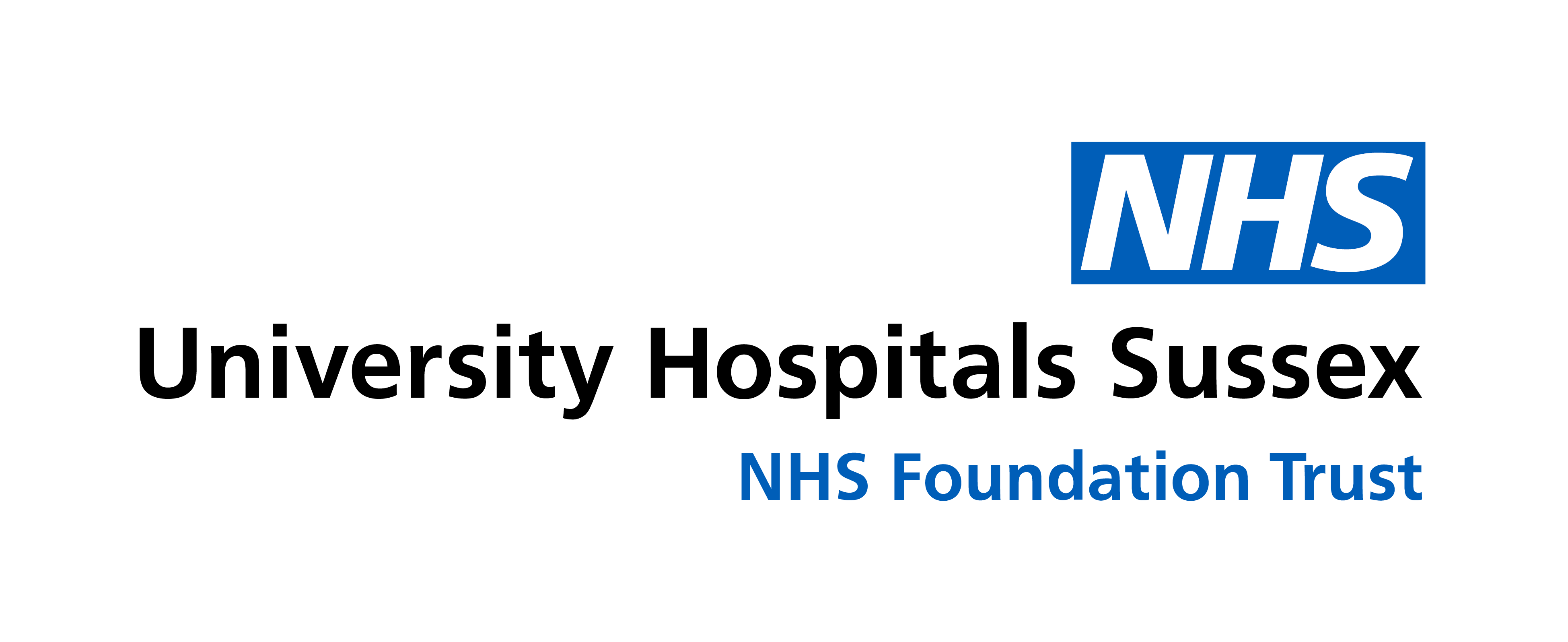Today’s Open Access blog on “Green Open Access” comes from Lisa McLaren, the Brighton & Sussex Medical School Librarian.
Working at the Medical School, open access takes on a whole new meaning. It’s not simply about saving money on subscriptions or being able to track down a paper for someone, but is one of the ways the school receives funding. In 2016, the Research Excellence Framework (REF) changed the face of academic publishing.
The now defunct Higher Education Funding Council for England (HEFCE) produced a policy, in conjunction with the four major research councils, that said all work that was expected to be submitted for REF2021 must be available in an open access format, in either an institutional repository or a subject repository. They went one step further in 2018 and stated that it must be deposited within three months of acceptance or publication in a journal.
Initially, this led to a flurry of authors publishing in hybrid journals and paying an author processing charge, in order to secure journals of a certain prestige, but gradually green open access is becoming more popular. Paying for a library subscription, as well as author charges, is essentially paying twice for the same content. At BSMS, we promote green open access where possible, although we administer a small fund to help authors to go gold, when it is absolutely necessary. This means working closely with the library staff at the University of Sussex to ensure all BSMS publications are picked up in a timely fashion and added to the Sussex Research Online platform: https://sro.sussex.ac.uk/
SRO has become a huge showcase for University research, with over 45,000 records housed there. Last year Sussex also added a new product to their portfolio, called Figshare. This takes open access at Sussex one step further, as it also houses research data in a variety of formats, allowing them to become an open science provider. Figshare is still in its infancy at Sussex, but usage grows daily and in 2019, BSMS undergraduate students will have their Individual Research Projects housed within it, bringing a new audience to this work.
So, advances in open access keeps us pretty busy at BSMS, as we try to move with the times and adapt to change. However, in September this year, we got another announcement that threatens to blow the lid off scholarly publishing.
What is Plan S? Tune in tomorrow to find out more!

